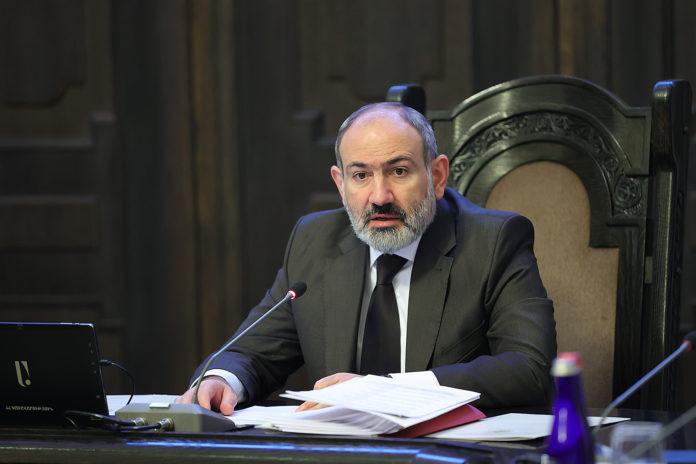YEREVAN — On April 13, Prime Minister Nikol Pashinyan delivered a general address to parliament, but his comments on Karabakh were so explosive that the next day, he delivered a second message to clarify the previous one.
Below are some excerpts from the two.
I initially accepted my guilt and responsibility for both the war and the defeat. But I have not accepted and I do not accept the accusations addressed to me by the opposition after November 9, 2020, accusing me of surrendering lands, and thus, also of treason. At first glance, this may seem absurd, that you admit guilt, but do not accept the accusation, and perhaps the time has come for this dilemma to be resolved.
In a recent interview, I hinted that if I was to be accused objectively, I should not be accused of surrendering lands, but of not surrendering lands. And now, yes, I want to admit that I’m probably guilty of that.
In order to talk about it with the people at the time, I first had to convince myself that it was the right way. And I confess, I could not convince myself. And why could not I? For the same reason as a number of our opposition partners are unable to come to terms with reality to date.










